
The study of hybrid impact tools and technologies for their application is now becoming a necessity for most European countries. It should be understood that their application lasts long enough to form the basis of the study, and the need for countermeasures will remain relevant for many years.

Not even the most optimistic supporters of the Action and Solidarity Party (PAS) were expecting a landslide victory in the early parliamentary election. PAS didn’t just face left-wing parties, represented by the Electoral Bloc of Communists and Socialists, but Russia itself, which tried to lend the latter a helping hand. Yet its victory is only the beginning: the real challenge for PAS lies ahead.

disinformation, manipulative stories and fake news continued to flood the media as usual. Maia Sandu, PAS and the West were again the favorite targets of disinformation and fake narratives. Fake news authors were pretty much unimaginative, as they have been over the course of the entire campaign, resorting to narratives they used before, both in the current campaign, as well as in previous ones: a victory for the right-wing would spell disaster for the country
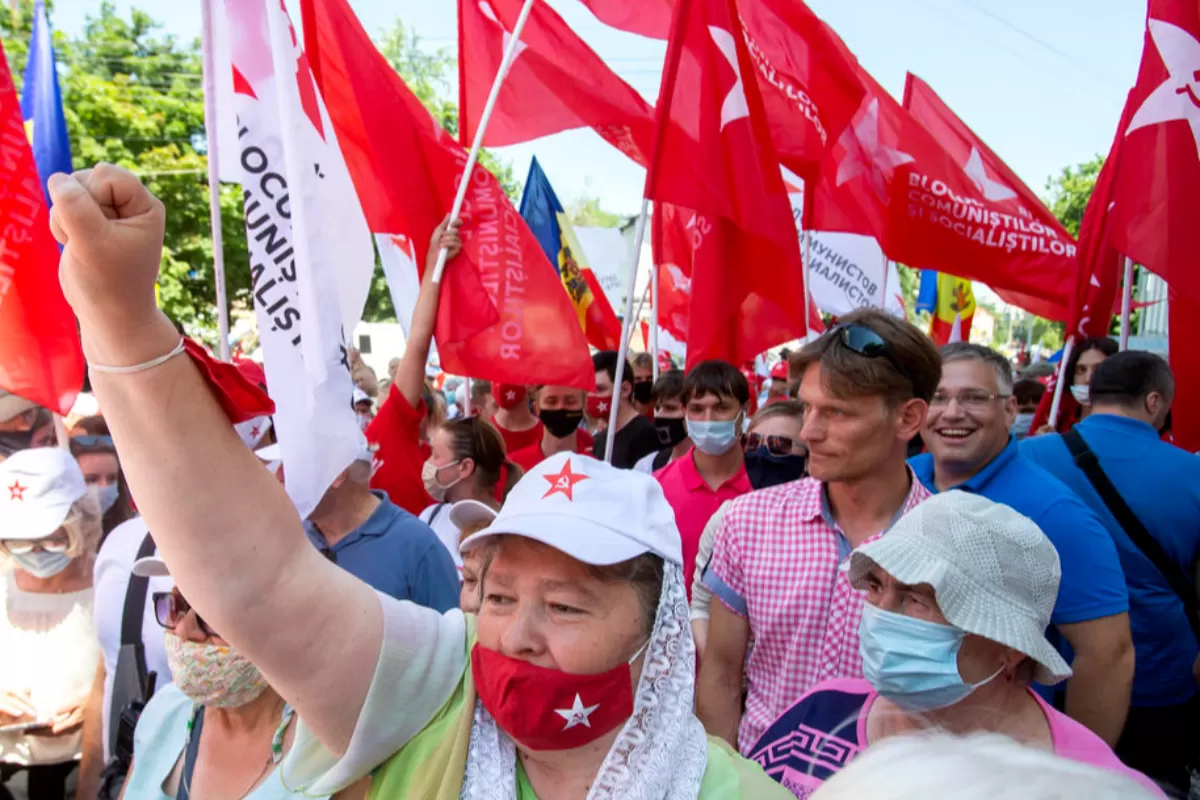
Much like most other election campaigns in the Republic of Moldova, this summer’s campaign for the parliamentary election of July 11 was ridden with disputes which, at times, went way beyond the limits of common decency. We’ve seen controversial figures getting the spotlight, a great deal of disinformation, and we’ve had our fair share of extraordinary and laughable moments. Foreign policy was, once again, a major topic of debate. Less than 30 years since Moldova proclaimed its independence, it’s still unclear whether the country is headed West or East. Another recurring theme in this campaign was the fight against corruption, which has been discussed for years, without seemingly rooting out the weed of corruption that has spread to the point of nearly suffocating the whole country. Veridica has reviewed some of the topics, episodes and characters that grabbed the headlines during this election campaign.

This Sunday Bulgaria is going through a new round of parliamentary elections, following the inconclusive ones from April which saw ruling party GERB lose votes and a Parliament dominated by opposition. The elections were called after no common ground was found between any of the parties in search of a coalition. The coming Parliament looks set to be as fragmented as the one that brought early elections. What will happen next is, thus, anyone’s guess. One thing seems sure though: long-serving former prime-minister Boyko Borissov will not return to power.

China’s global opening-up after Mao’s death and a partial adoption of capitalism have only apparently softened the communist regime in Beijing. Mao’s successors have regularly shown that they will not cede their tight grip on society and, if the system requires defending- or consolidating- they can be as ruthless as the “founding father”.

The parliamentary election in the Republic of Moldova represents an important stake for Bucharest, for several reasons: its partnership with Chișinău, the existence of thousands of people with double citizenship, etc. Political and non-political actors have got involved in the election campaign which has entered its last week in the Republic of Moldova, considering this Sunday, on July 11, snap elections will take place. A brief overview of some of the latest developments paint a rather interesting picture of direct interests of the Romanian state, but also a number of special ones, more often than not in gray or outright black areas.
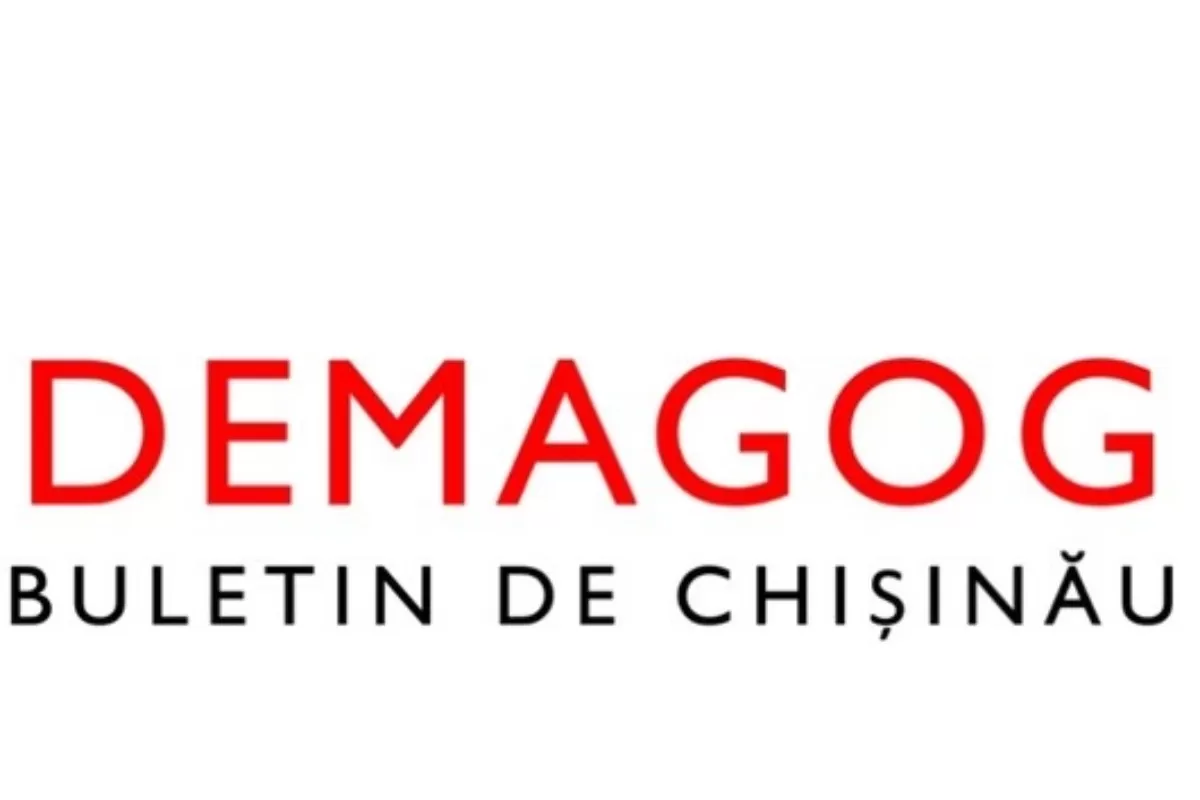
Veridica has debunked fake news about manipulating statistics in favor of Maia Sandu, her alleged links with fugitive oligarchs and her unrestricted use of the Intelligence and Security Service. All this while, we are told that non-governmental organizations (which Maia Sandu and PAS obviously work for) are on the brink of destroying the country, while the current “regime” – another reference to Maia Sandu, despite the fact that the president’s prerogatives are rather limited, and the country continues to be run by the Socialists and their allies – is ready to apply for NATO accession.

23 candidates are participating in the campaign for July 11th parliamentary elections, fighting for the 101 seats in the Chisinau Parliament. The problems facing the Republic of Moldova, such as poverty, corruption and the oscillation between East and West, are also reflected in the electoral messages used by the competing parties, and the central themes of the election campaign are the geopolitical vector of the Republic of Moldova and the fight against corruption.

In 2021, China says it has achieved the centennial goals announced by Xi when it took power nearly ten years ago: eradicating poverty; implementing a sovereign type of domesticated internet, used for social regimentation; the space program; strengthening the role of party offices in the economy, including in European multinationals; re-ideologizing education and consolidating a kind of nationalist Maoism; eliminating democracy in Hong Kong. The paradox is that the more triumphalist it becomes at home, reporting to the people one success after another, the less powerful the image of the state-party based in Beijing gets at global level.
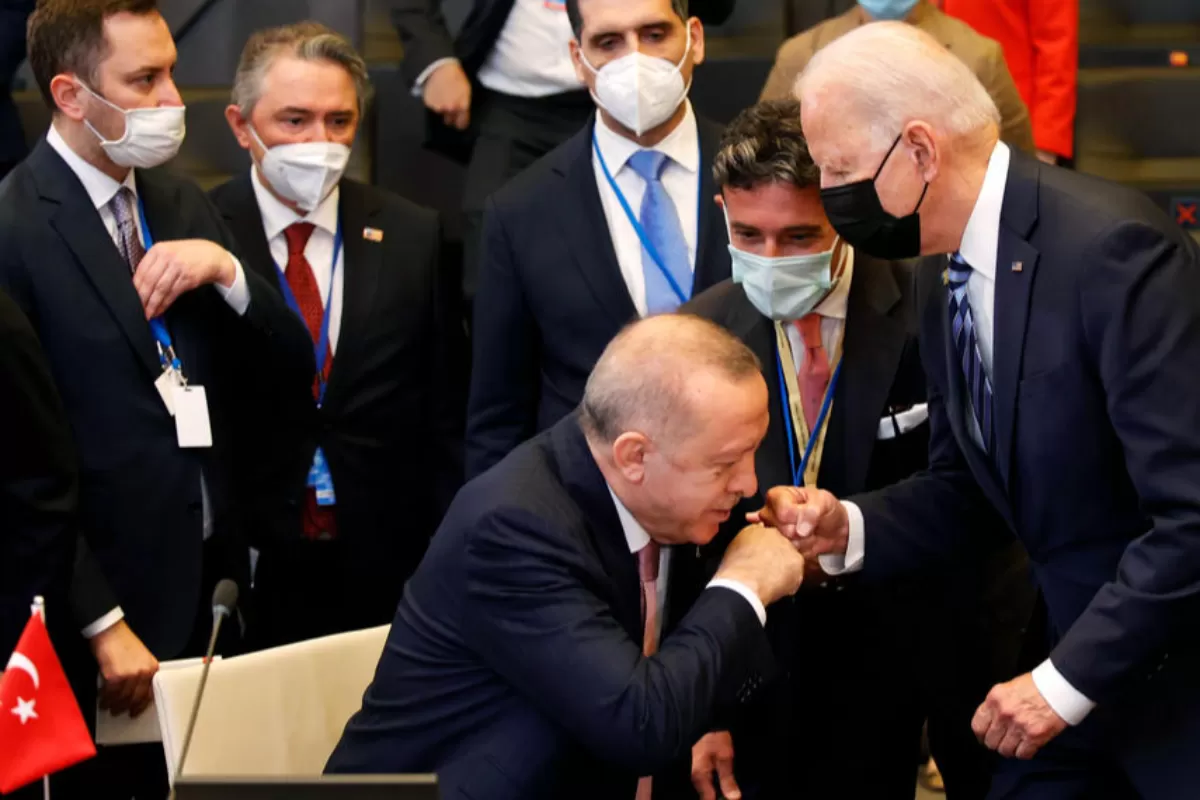
The West seems ready to return to the international arena, after years of leaving the initiative of the autocratic powers - Russia, China, even an ally like Turkey, where the anti-democratic slips of the Erdogan regime are growing - and he himself was marked by the fracture brought about by the Trump administration's policies and, in the last year, by the pandemic crisis. The diplomatic tour of US President Joe Biden is a sign of this return, both American and Western in general. A greater firmness of the West does not exclude the willingness to communicate with the autocracies - but for the time being there is no question of a relaxation of relations.

Russia allegedly had a plan to influence the 2020 presidential elections in Moldova, but abandoned it when it came to light. An analysis of the current campaign suggests, though, that at least in part, ideas devised by the Russian secret services are still being put into practice.
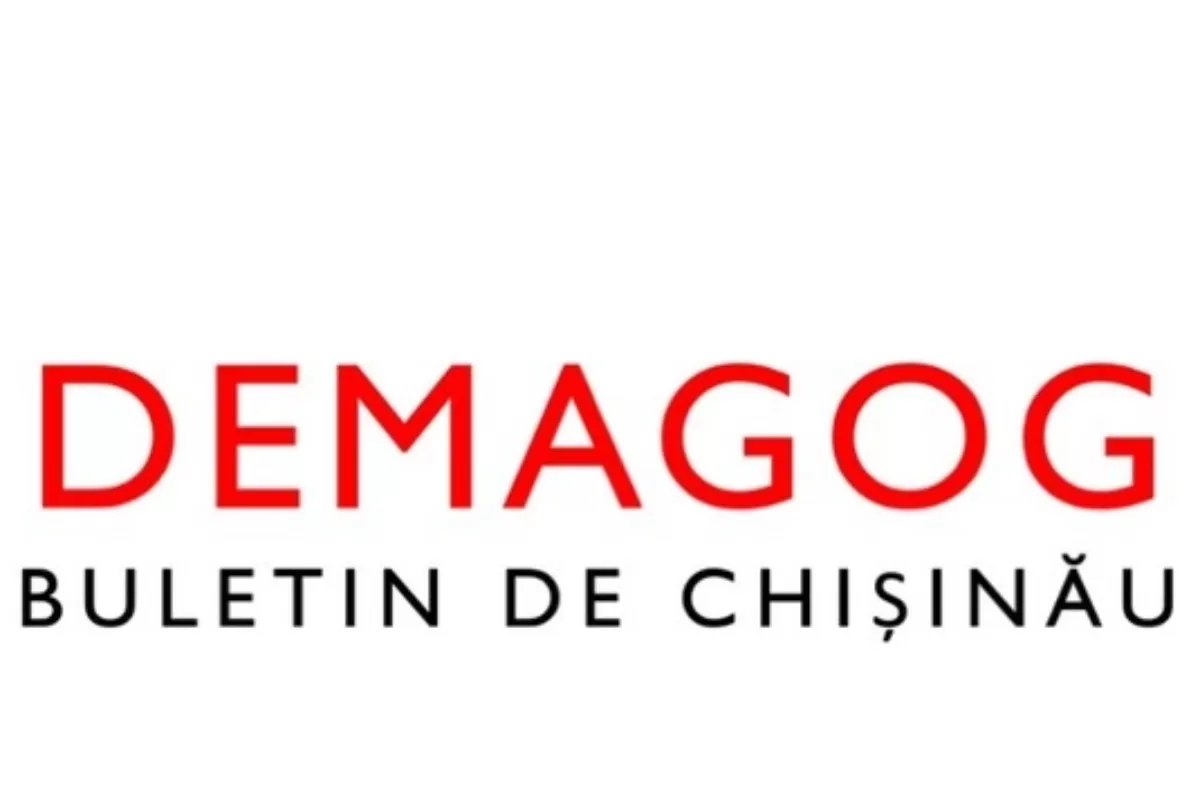
The Republic of Moldova is at a crossroads, politicians and analysts seeking to mobilize the electorate for the July parliamentary elections are saying. This is by no means the first “crossroads” in the country's electoral history: almost every time elections have taken place in the last 30 years, someone has described them as crucial to the country's future. No matter what Moldovans chose - whether they voted for those who promised to bring salvation or those about whom they were told would bring disaster - the country always took a step back and remained one of the most corrupt and probably the poorest country in Europe.

A Google search returns dozens of headlines in the press in the Republic of Moldova and Romania such as “the Republic of Moldova, at a crossroads”, starting 2009 and, especially, around the elections. Dozens of other similar headlines were probably written before 2009 as well, only they remained in the newsrooms’ archives, without being posted online. The point is that little has changed in the Republic of Moldova durig the past decade and just as little in the past two decades or in the 30 years since Independence. And every election is viewed by citizens not only with the hope that things will change, but also with the fear that if the “others” come, they will turn everything 180 degrees (or 380, as a former Speaker of Parliament once said).
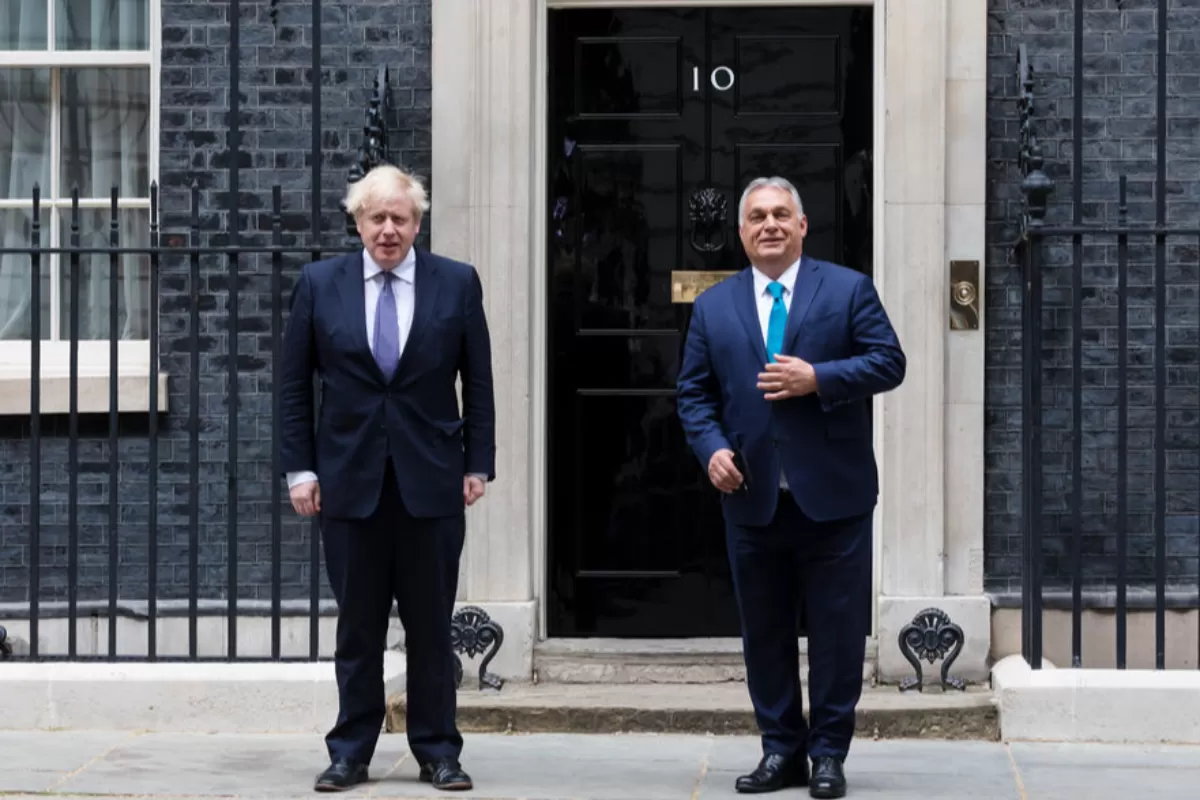
Boris Johnson and Viktor Orban share a way of doing politics: they’re both populists craving for the spotlight, ready to exploit in their favour the divisions of their respective societies. They also share an irreverence for the European Union. Johnson was one of the leading figures of the Leave camp, while Orban became a nuisance for Brussels as he kept on defying, time and again, the EU values and policies. The two seem to use the same recipe to consolidate their grip on power, so it only makes sense that their respective oppositions may eventually take similar paths.

The coronavirus pandemic has changed the world we live in, affecting our lives and habits. Changes are visible in every sphere of society, and every change has its impact on political trends and vice versa. On the one hand, the pandemic put the spotlight on science, medicine and technology. On the other hand, it also brought to the forefront conspiracy theorists and those who do not believe in the progress of medicine and science in the first place. The pandemic also lead to an increased activity of the far right which connected to the anti-vaxxer movement and conspiracy theories.

Pentru prima oară în istoria campaniilor electorale din Republica Moldova, un competitor politic major – blocul format de comuniști și socialiști – adoptă un mesaj central de campanie ferm xenofob, care se încadrează în definiția discursului de ură (hate speech). Cele două formațiuni nu sunt însă singurele care apelează la un astfel de discurs. Străinii, persoanele în etate, femeile, comunitatea LGBTQI etc. au fost vizate în actuala campanie de discursul de ură.

Dark clouds of authoritarianism and war are forming over the Republic of Moldova, but they can still be cleared away if patriotic forces will take the reins. This is the image painted by the narratives that crayoned a new week in the campaign for the early parliamentary election in the Republic of Moldova. The narratives are stemming from disinformation and fake news postulated by both Chișinău and Russia, the latter trying to endorse its clients in the Electoral Bloc of Communists and Socialists.

The electoral battle in the Republic of Moldova between the pro-European and the pro-Russian parties is also reflected in the way polling stations are organized. The PSRM-PCRM bloc is counting on the votes of Transnistrian population, while PAS hopes to win the votes of those who went to work in Europe, the diaspora. The electoral authority has also been involved in this fight, trying to reduce diaspora’s ability to vote.

Politicians in Chisinau are trying to get some extra political capital at home by flaunting their connections to politicians in Romania. However, a few protocol statements and "family" photos do not guarantee Bucharest’s influence in Moldova.

Early parliamentary elections will be held in Moldova on July 11. The list of candidates is long, with no less than 53 parties and electoral blocs officially registered to take part in the race for 101 parliament seats. Of these, no more than six have a real chance of crossing the electoral thresholds of 5% for parties or 7% for electoral blocs consisting of two or more parties. Veridica carried out a brief x-ray of the electoral programs proposed by the main competitors.

A new election campaign is underway in Moldova, the third in 2 years. In essence, as in most of the elections that have taken place since Moldova gained independence, what we see today is a confrontation between the so-called "Eastern and Western vectors". Russia openly supports the Eastern vector; The West promises funding for the reforms promised by the Western vector. The election campaign, like most campaigns in recent years, is marked by an abundance of fake news and disinformation, usually launched by the left wing and the media affiliated with the Socialists or the Kremlin. The authors of the false narratives, however, seem to be running out of new ideas: most of them have already been used in the election campaigns that have taken place since 2016.

Seven months after a complicated presidential election, the Republic of Moldova is again in the grip of election fever. This time around, the country will be hosting snap parliamentary elections, but the background, protagonists and stakes are mostly the same. The main battle will be pitting the center-right pro-Western Action and Solidarity Party (PAS), previously led by president Maia Sandu, against the center-left pro-Russian Party of Socialists (PSRM) led by the former president Igor Dodon.

Alternative social networks have also emerged in the problem countries of the EU, Poland and Hungary, where the right and the far right are looking for platforms that do not restrict posting radical content. These networks have emerged as both the Kaczyński regime and the Viktor Orban regime already exercise significant control over the media in their countries.

Sanctions and blacklisting by the US, a wave of resignations, revisions over the spending of the GERB cabinet in the last decade and mismanagement of financial aids: all of these are making headlines in the Bulgarian media as the country prepares for early elections on July 11 - a result of the inconclusive ones from the spring and the inability of any party to form a coalition.
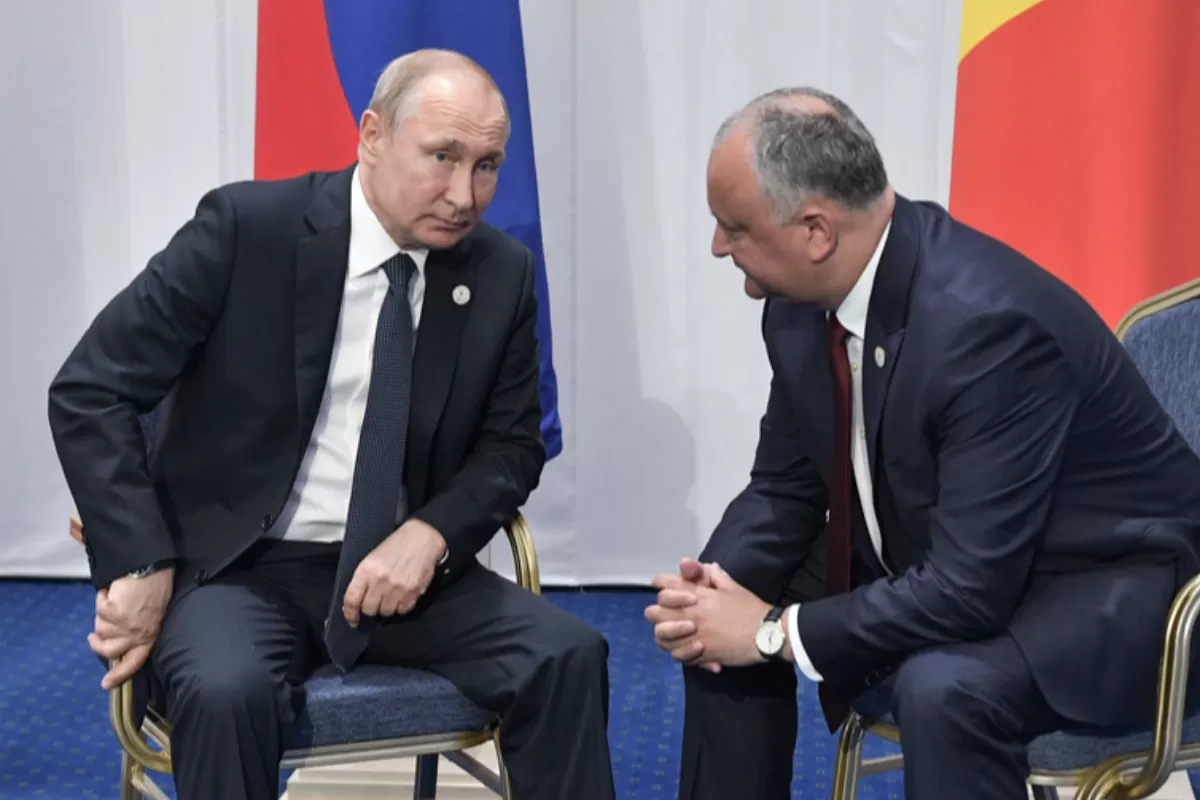
With the early parliamentary election in the Republic of Moldova around the corner, the political and economic chatter is again focusing on the benefits for Chișinău. The matter has again sparked a polemic: would it be better for the Republic of Moldova to head east or west? A persistent question which Moldovan politicians have been juggling with for three decades, while Moldova remains one of Europe’s poorest and most corrupt countries, with one of the largest shares of population migration.

More than a 25 years after the war in Bosnia and Herzegovina ended, the country is still an "unfinished project", being more corrupt, less stable and less developed than other former Yugoslav countries.

A Pentagon report on UFOs will be presented this month in Congress. The US Army says it has no evidence that UFOs are in fact extraterrestrial aircraft. Nor can it claim they aren’t. The army simply doesn’t know what these “unidentified aerial phenomena” are.

The incident with the forced landing of a Ryanair plane and the detention of Roman Protasevich and Sofia Sapieha only forced the European Union and the United States to take more active action against Belarus. However, Russia is also on the trajectory of absorbing Belarus in the autumn of 2021.

The case of Vrbětice – the revelation that explosions of ammunition depots in 2014 were apparently caused by agents of the Russian military intelligence GRU – shook relations between Prague and Moscow in April. In May, there was a quake on the domestic political scene.

The unionist movement in the Republic of Moldova has always benefited from the contribution of some intellectuals and could count on the votes of about 10% of the electorate. This electorate has become increasingly fragmented in recent years, amid differences between unionists, who have split into competing parties. The centrifugal trend has worsened over time and it is very likely that not even for the snap elections of July 11 the unionist forces will be able to coagulate.
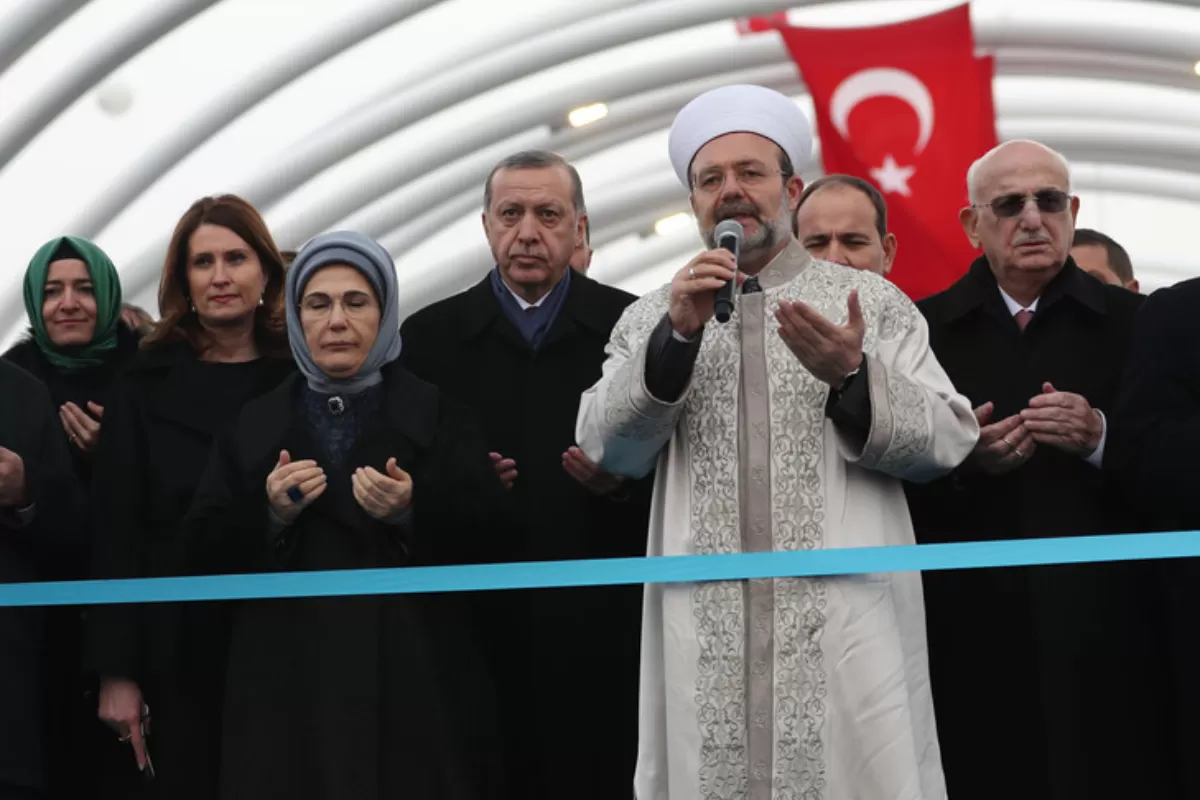
Under a conservative AKP regime since November 2002, Turkey has initiated numerous construction projects in the early 2010s, presented obsessively to the public as signs of the country's growth as major regional power. Leaving aside that they contribute massively to the destruction of the environment, they also threaten to become long-term financial "black holes", consuming insatiably taxpayers' money for generations to come.